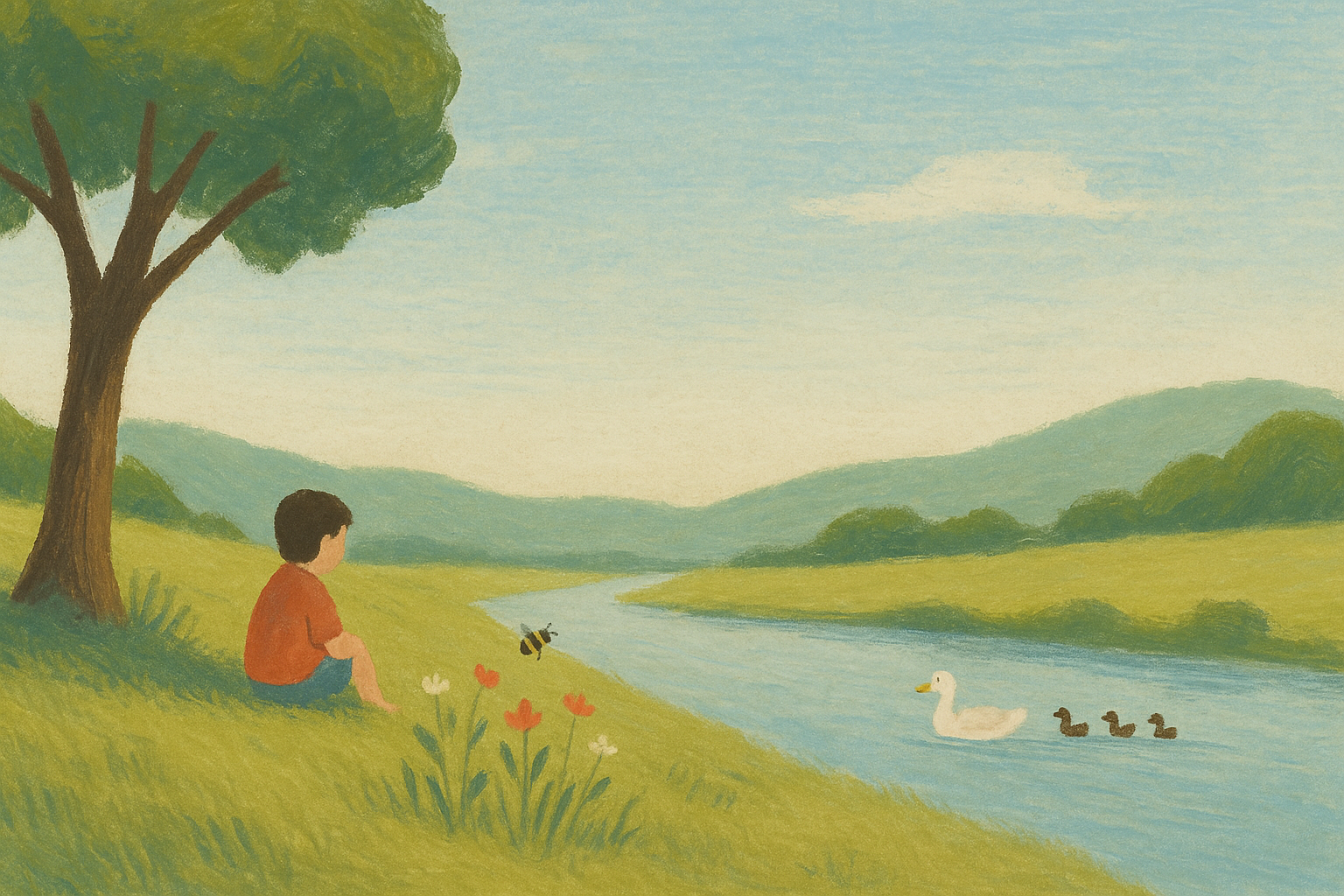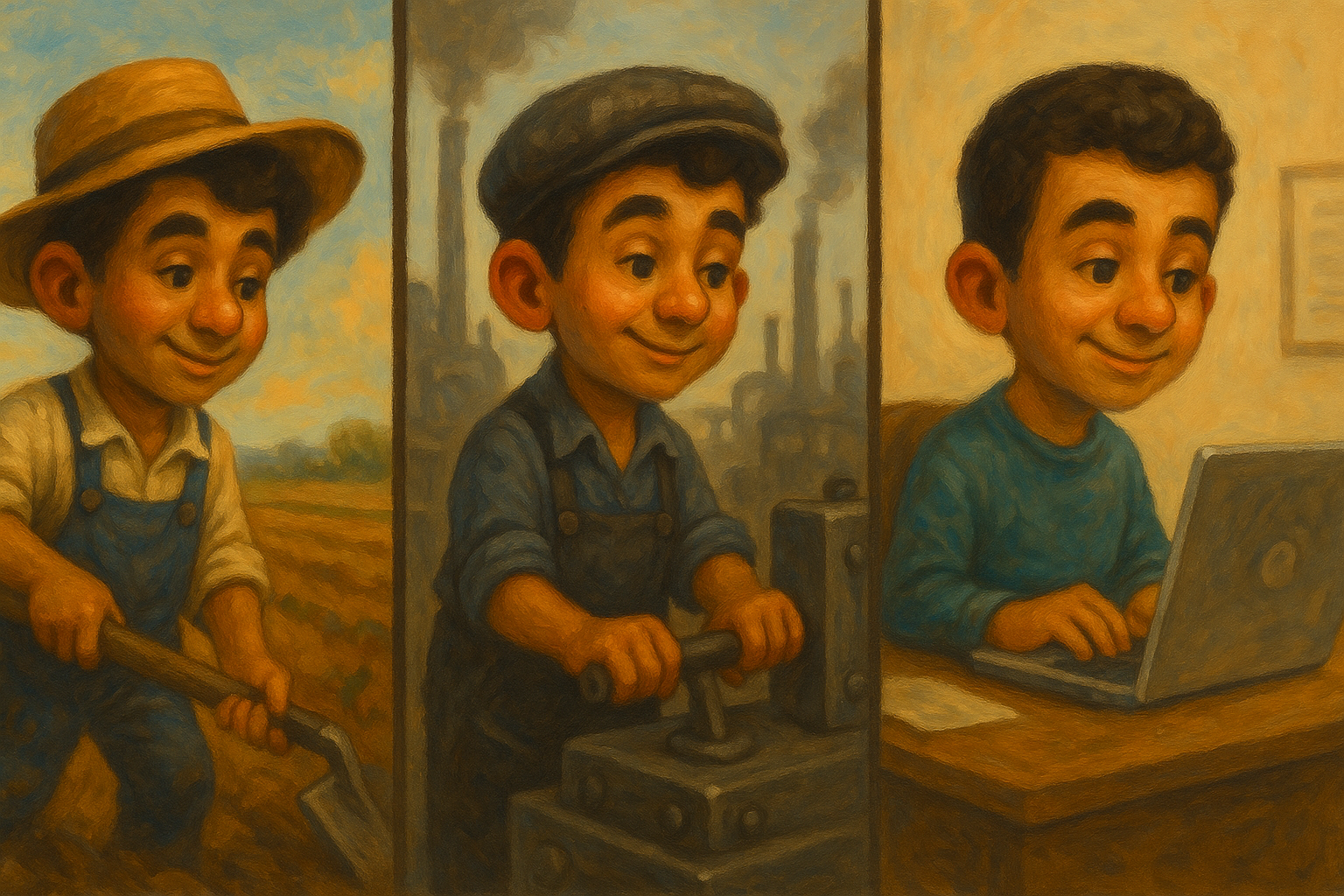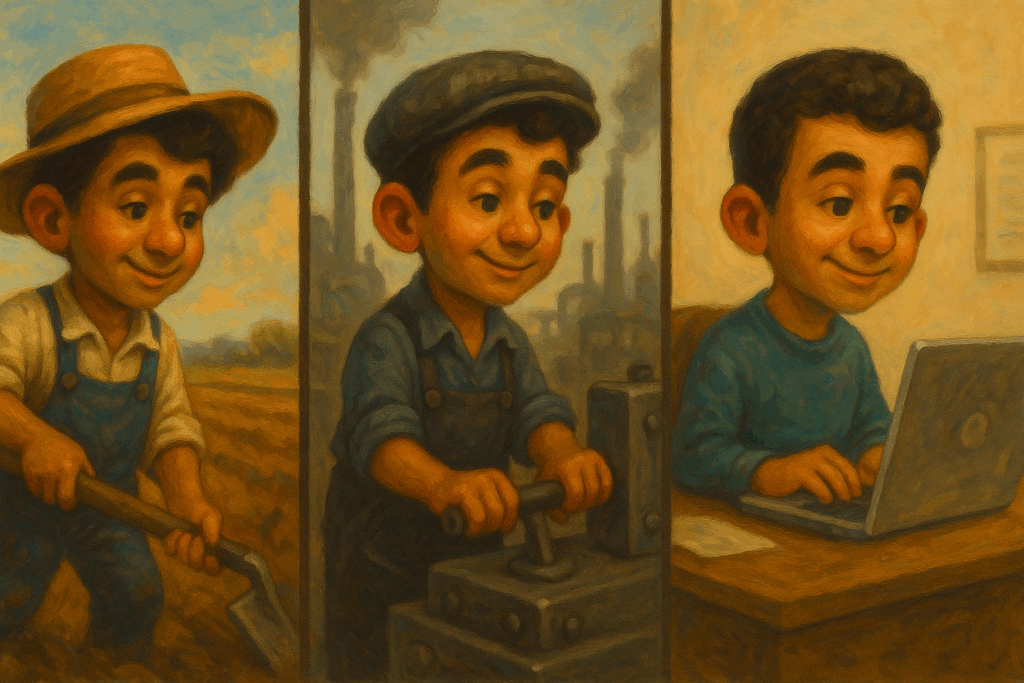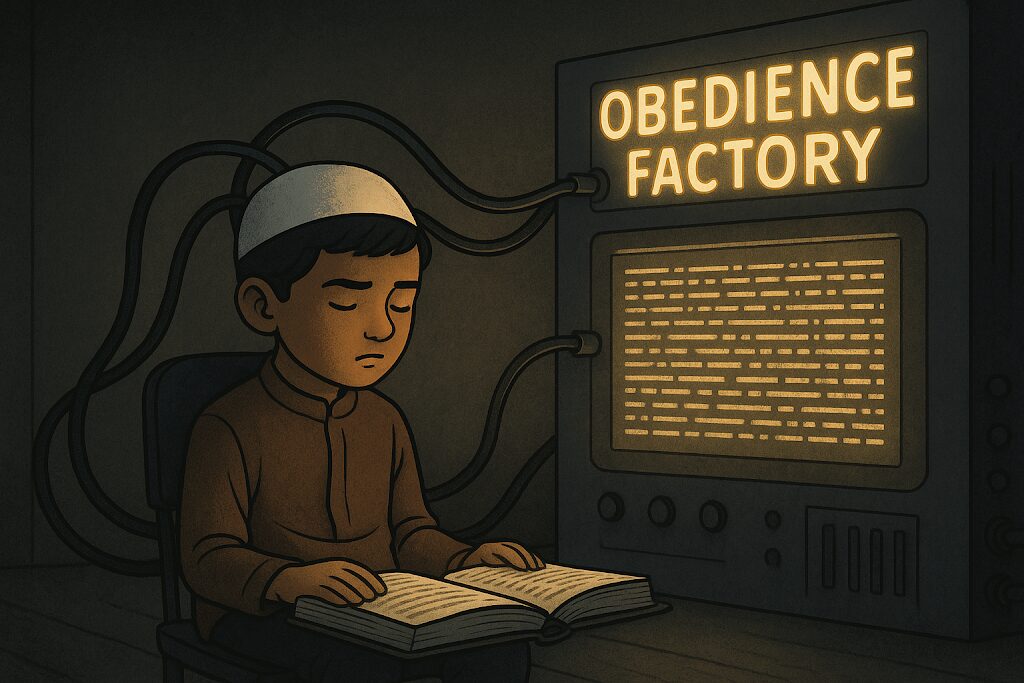“Summer is a sunnah.”
Not officially, of course. But in spirit—yes.
In Islam, spirituality is not a side activity—it’s the purpose. But the heart doesn’t connect with Allah in a rush. It connects when there’s space to reflect. And reflection requires… time. Stillness. The kind of unstructured, quiet time that modern life has almost entirely erased.
But what better season than summer to reclaim it?
Table of Contents
Slowness is Sunnah
The Prophet ﷺ didn’t rush through life. He walked with intention, paused when he spoke, and spent hours in the night simply being—with his Lord, with the world around him, and with himself.
Compare that to today’s pace: achievement, productivity, entertainment. Every moment must be “used.” Every silence, filled. The modern world defines happiness as excitement. But real joy? It’s far more subtle. It’s what we feel when we’re fully present.
And ironically, it’s through our children that we get to taste it again.
Through Their Eyes, We Remember
There’s a kind of barakah in a child’s gaze. When we’re not rushing, we start to see what they see:
A bumblebee lazily hopping from one flower to the next.
A mama duck gliding across the river, her babies trailing behind like beads on a string.
The hush of a beach as a flock of birds pauses on its migration.
They are not bored. Not when we’re present with them. Not when we slow down enough to notice what they already see.
But… the Kids Say They’re Bored!
Here’s the uncomfortable truth: Boredom isn’t a problem.
For most of human history, boredom was a part of life. Shepherds spent days under the open sky watching sheep and clouds. Merchants waited at their stalls. Mothers rocked babies to sleep with nothing but their thoughts for company.
It’s only recently that we’ve come to fear boredom—as if it were a failure of parenting or a threat to happiness.
But maybe, just maybe, boredom is the gateway to deeper presence.
Let the Water Settle
If the mind is like a lake, it only becomes clear when it stops moving. The ripples of constant stimulation—TV, tablets, even “educational” content—keep it murky.
A rested mind sees more clearly. A brain, like a muscle, needs downtime—not just sleep, but real rest: quiet moments with no agenda.
And yes, even if the content is “good,” it can still be too much. You wouldn’t eat 10,000 calories of broccoli a day. So why feed your child 10,000 mental calories, even of the “educational” kind?
The Low-Information Diet
This summer, try cutting back. Just a little.
No, you don’t need a perfectly curated Montessori schedule or a screen-free Pinterest life. But maybe for one hour a day, just… stop.
Let your child sit under a tree. Let them lie on the floor. Let them be bored.
And then wait.
Soon, they’ll pick up a stick. Or ask you why the clouds move. Or start humming a tune they just made up.
And you’ll realize: this is learning. This is presence. This is the kind of summer that nurtures the soul.
Finally…
Let your kids taste the slowness we’ve lost. Let them discover the rhythm of a day without rush. Let them experience what it feels like to just be.
After all, summer is a sunnah too.
And for those other moments, where you want to keep them entertained with high value material (that good old broccoli). We’ve got you.
At Mayous, we create children’s books that slow things down—stories rooted in faith, filled with wonder, and designed to spark meaningful reflection.
You can explore our catalog of fully illustrated storybooks here:
👉 Muslim Kids Storybook Catalog
Or you can access our free digital library and find your next favourite bedtime story here:




